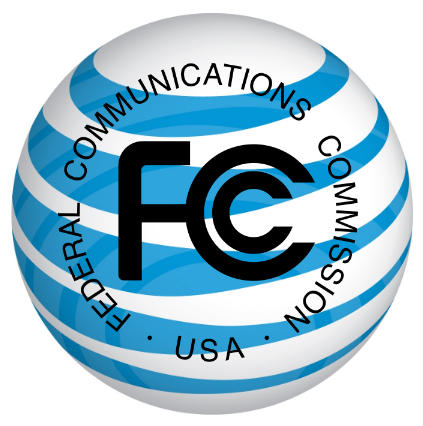FCC Says AT&T, T-Mobile Merger Not In The Best Interest Of The Public
Expanding on our earlier report concerning the FCC decision, FCC Chairman Julius Genachowski issued a draft order earlier this morning calling for an Administrative Hearing before an Administrative Law Judge. According to the FCC, the Chairman’s order requires final approval from the full commission and if it receives the green light, the hearing will be conducted like a trial — involving witnesses, evidence, cross examination etc.
In his order this morning, Genachowski concluded that the AT&T, T-Mobile deal is not in the best interest of the public and believes that the deal violates antitrust laws and that the deal would lead to massive job losses. The FCC says the deal would lead to an unprecedented amount of power in the hands of a few companies and there is no evidence the benefits of the deal outweigh the harms it would bring.
Such a hearing would further delay the process especially considering the FCC would wait until the conclusion of the Department of Justice antitrust lawsuit against AT&T. That trial is expected to begin on February 13th and is now seen as the first of two major government hurdles AT&T must overcome.
The FCC pored over 2,000 pages of documents and held more than 100 meetings with all the interested parties, including the applicants and many opposition parties. The hearing itself would see a verdict delivered by a judge and the judge’s decision would then be considered by the FCC commissioners.
It’s noteworthy how strong the opposition is coming from the FCC especially given that in all but one market (Omaha, where T-Mobile doesn’t offer service), the FCC found that the merger would reduce competition in every market. Furthermore, the FCC rejected AT&T’s claims that the deal would lead to a faster 4G or larger rollout of 4G.
AT&T seemed less than thrilled by the decisions:
“The FCC’s action today is disappointing,” said Larry Solomon, SVP of corporate communications. “It is yet another example of a government agency acting to prevent billions in new investment and the creation of many thousands of new jobs at a time when the U.S. economy desperately needs both. At this time, we are reviewing all options.”
The last time such an event took place was the proposed merger of EchoStar and DirectTV which saw both companies pull out of the deal.
For now, the AT&T, T-Mobile merger looks less likely than ever.

